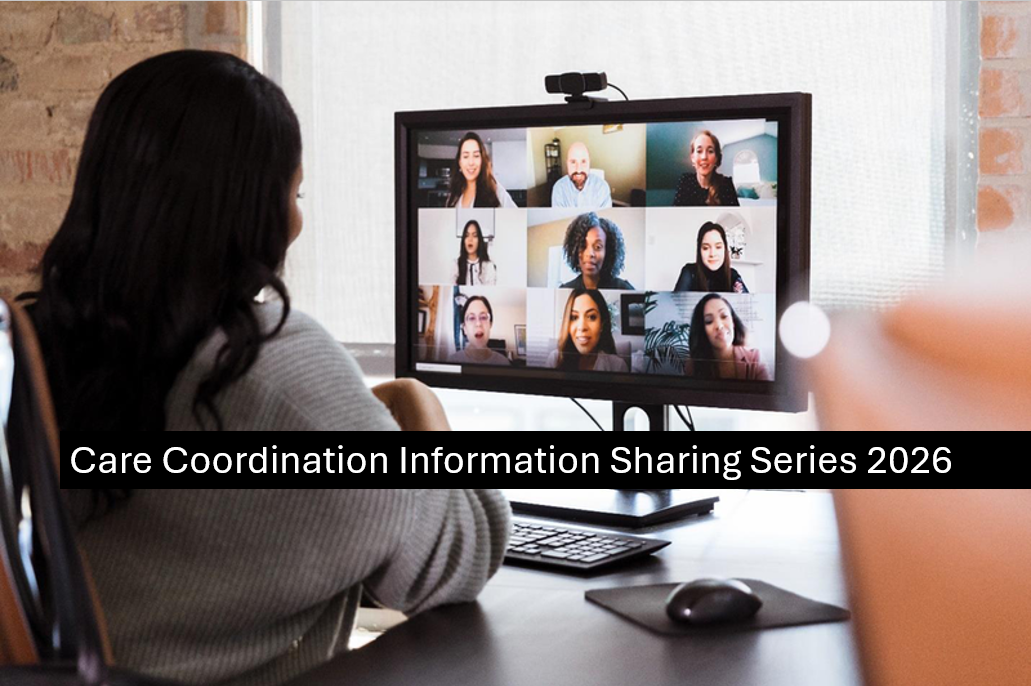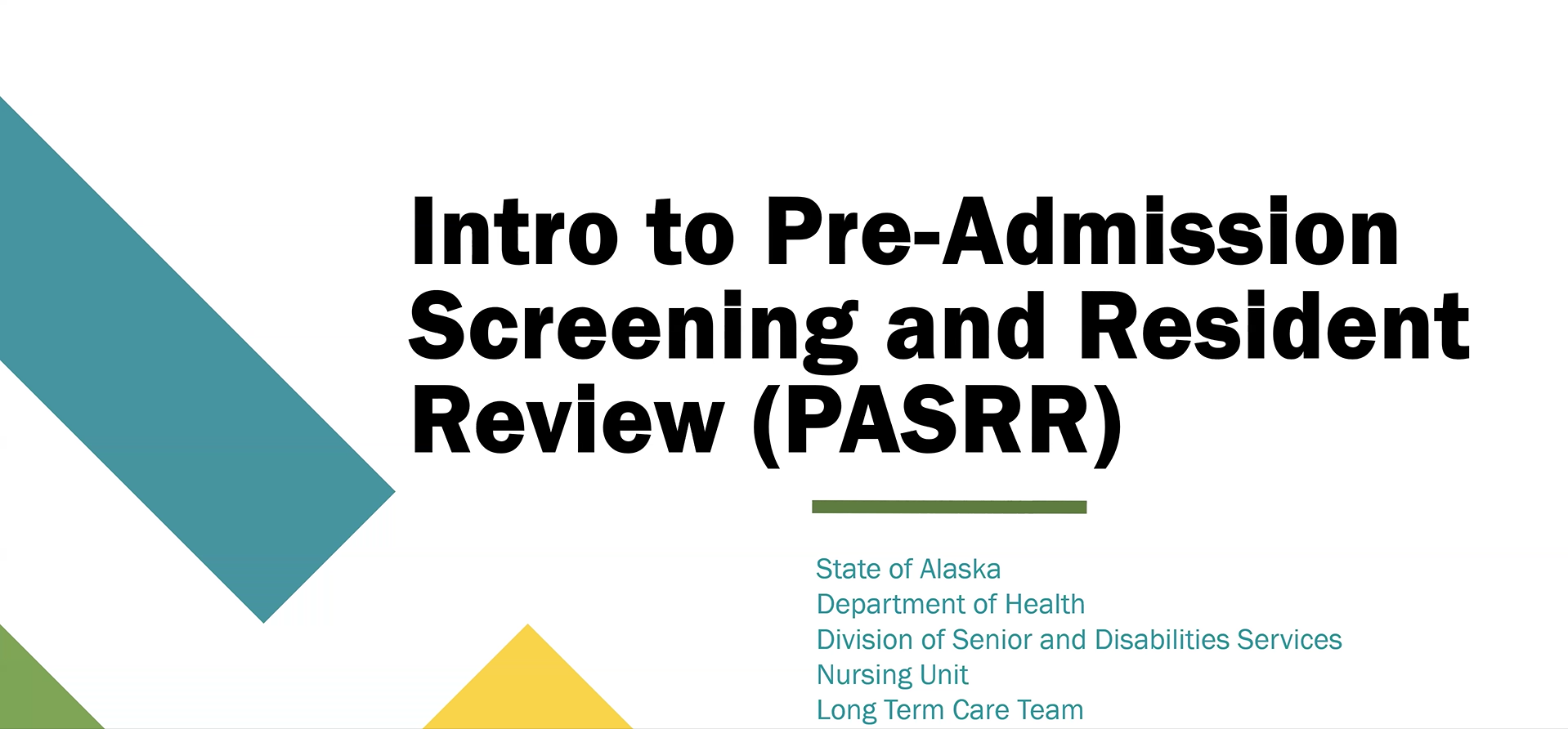Health-Related Services are services outside the scope of ADL’s (Activities of Daily Living) and IADL’s (Instrumental Activities of Daily Living). These services include assistance with medication self-administration, medication administration, and nursing tasks. A licensed assisted living home is not required to offer health-related services, but it should clearly be outlined in their services offered and not included in their residential service contract.

You will be able to understand the importance of maintaining an up to date and accurate Resident File, and that it is more than just paperwork.
To receive a 2 hour, continue education hours (2hr CEH) for this course you must watch the video and complete the Quiz with 80% or higher. (Care Coordinator and Assisted Living Administrator)
At the end of this course, you will be able to…Understand what a Resident File is.
Identify what documentation is required to be maintained in a Resident File in an Assisted Living Home.
Understand Residential Licensing file and documentation requirements and expectations related to:
Timeframes
Who does what and when
What information is required/needed
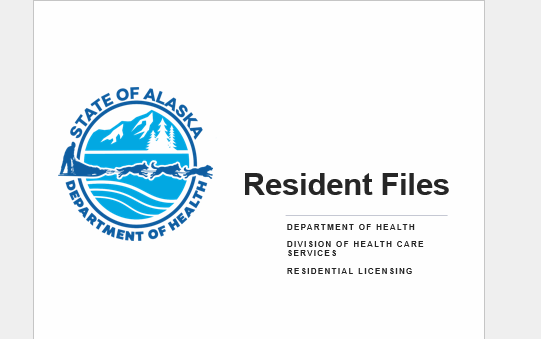
This course explains how to use the Medication Decision Tree to decide what kind of help a resident needs with their medications. It covers the differences between who:
-Take their own medication
-Get help taking their medication,
-Have their medications given to them by staff.
Staff will learn what steps to follow, how to document medication support in the resident's care plan, and when nurses and doctors need to review those plans.
The course will also explain nurse delegation and how it works, which tasks can be delegated, and special rules for things like injections and PRN (as-needed) medications.
By the end of this course, you should be able to:
-Decide the right level of medication support for each resident.
-Know what must be documented in the care plan.
Understand who can help with medications and when.
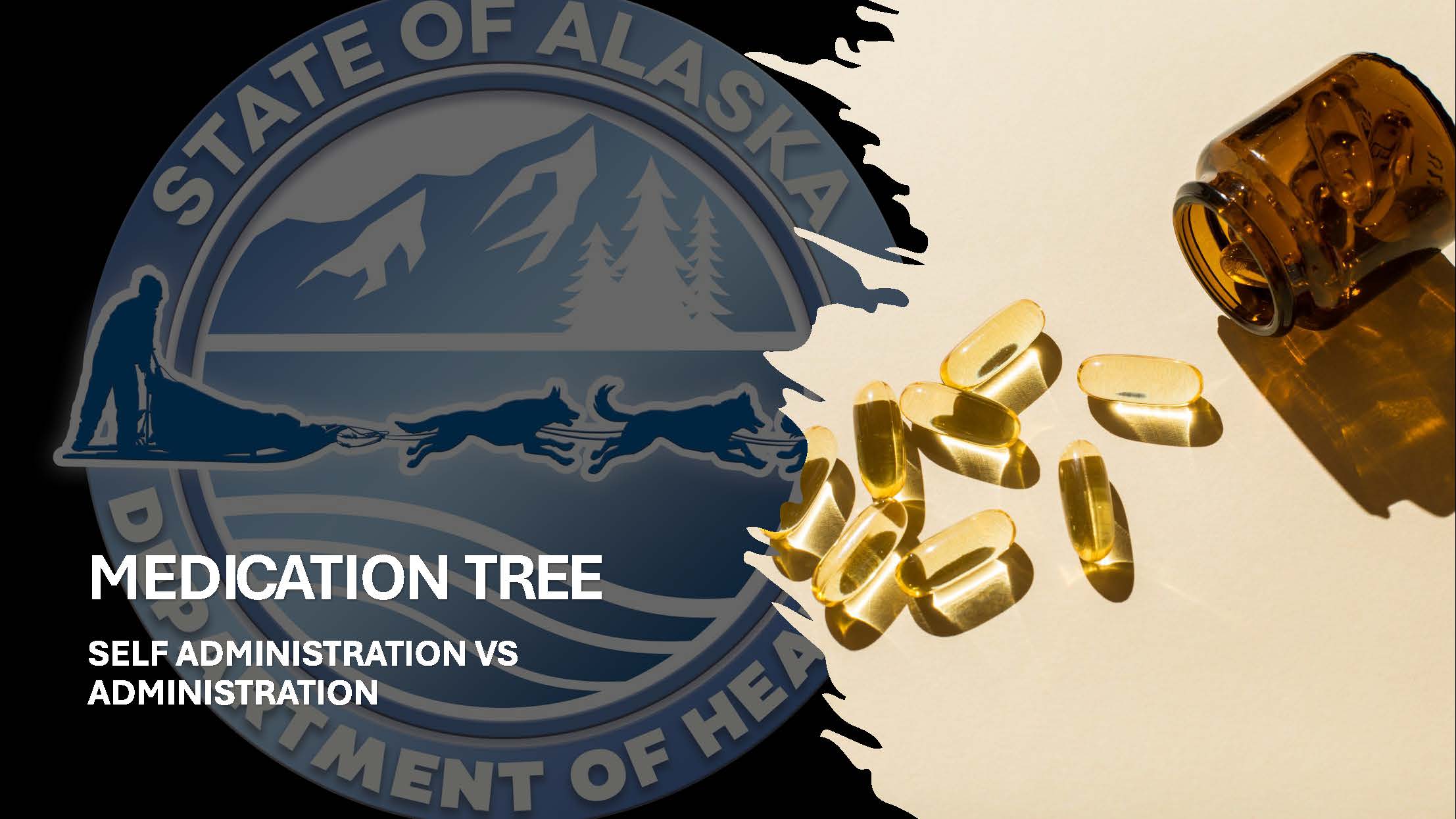
This training focuses on what PHI is. It is not full training on your agency’s HIPAA compliance practices!
After this presentation you should be able to:
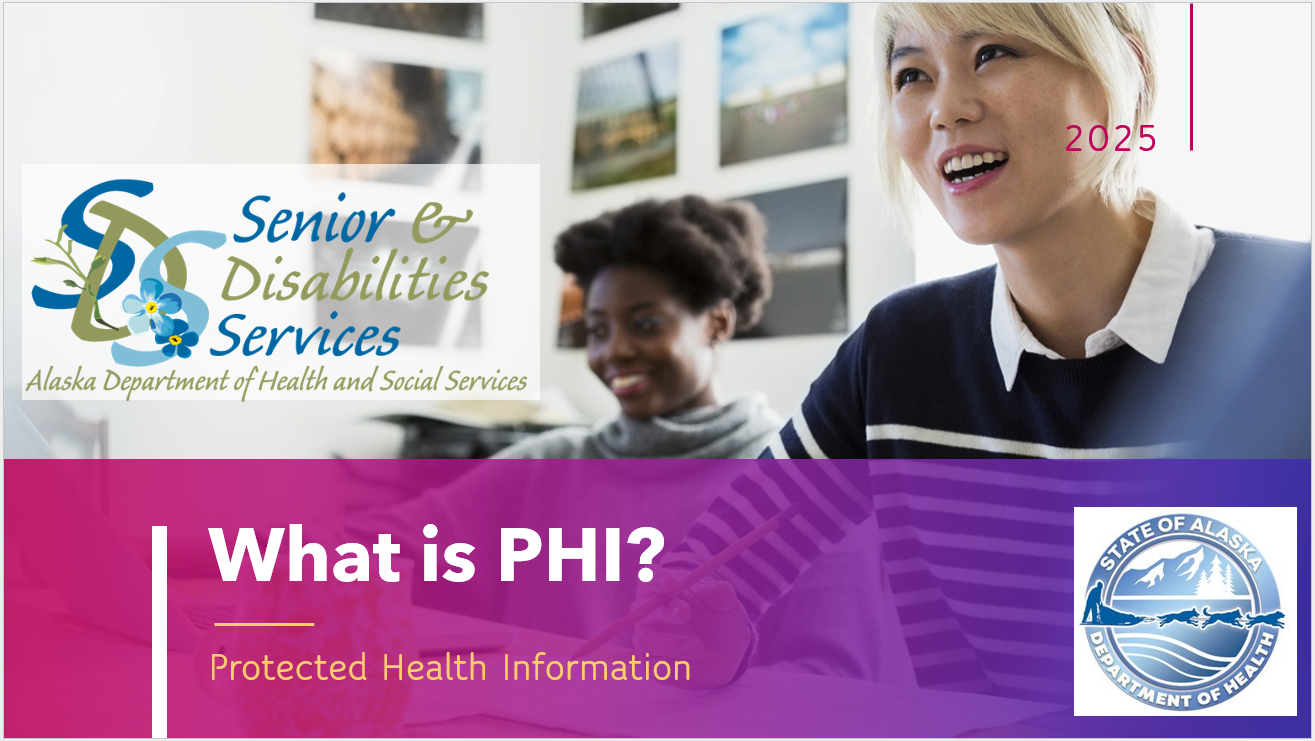
The Service Plan and the Service Level Authorization (SLA) are two critical documents in personal care services. According to 7 AAC 125.026, the Service Level Authorization determines the total time and specific activities (ADLs and IADLs) for which Alaska Medicaid will pay, based on the assessment. The Service Plan displayed in the T-23 (Harmony Guide for PCS admins) and in Harmony is equivalent to the Service Level Authorization reviewed in PCS to ensure the recipient's needs are met.
Learning Objectives
By the end of this training, participants should be able to:
- Define a Service Plan and the Service Level Authorization (SLA).
- Explain the process to request changes to the PCS Service Plan.
- Identify reasons for Service Plan amendments (e.g., changes in a person's support needs).
- Understand the relationship between medical documentation and Service Plan amendments.
- Define PROM (Passive Range of Motion) and Travel Amendments.
- Clarify the role of a Swallow Study in relation to supervision while eating.
DISCLAIMER:
The information contained in this training was current at the time it was written. It is not intended to be all inclusive, grant rights, impose obligations, or function as a stand-alone document. Although every reasonable effort has been made to assure the accuracy of the information in this document, the ultimate responsibility for compliance lies with the provider of services. The State of Alaska, Department of Health, Division of Senior and Disabilities Services employees and staff make no representation, warranty, or guarantee that this compilation of information is error-free and/or comprehensive and will bear no responsibility or liability for the results or consequences of the use of this curriculum.
Statutes, Regulations, and Conditions of Participation (COPS) are the legal standards for Long Term Supportive Services (LTSS). Certified providers are responsible for understanding these standards. They establish the administrative processes and requirements for requesting, authorizing, and delivering services. This course is intended to make you more comfortable with reading and using these standards to maximize independence and inclusion for all Alaskans.
Topic includes:
- Understanding the difference between Statutes, Regulations, and COPS
- Citing and accessing Alaska’s Codified Laws
- Practical readings strategies
This course is worth two (2) Continued Education Hours for completing the exam with at least an 80%.

